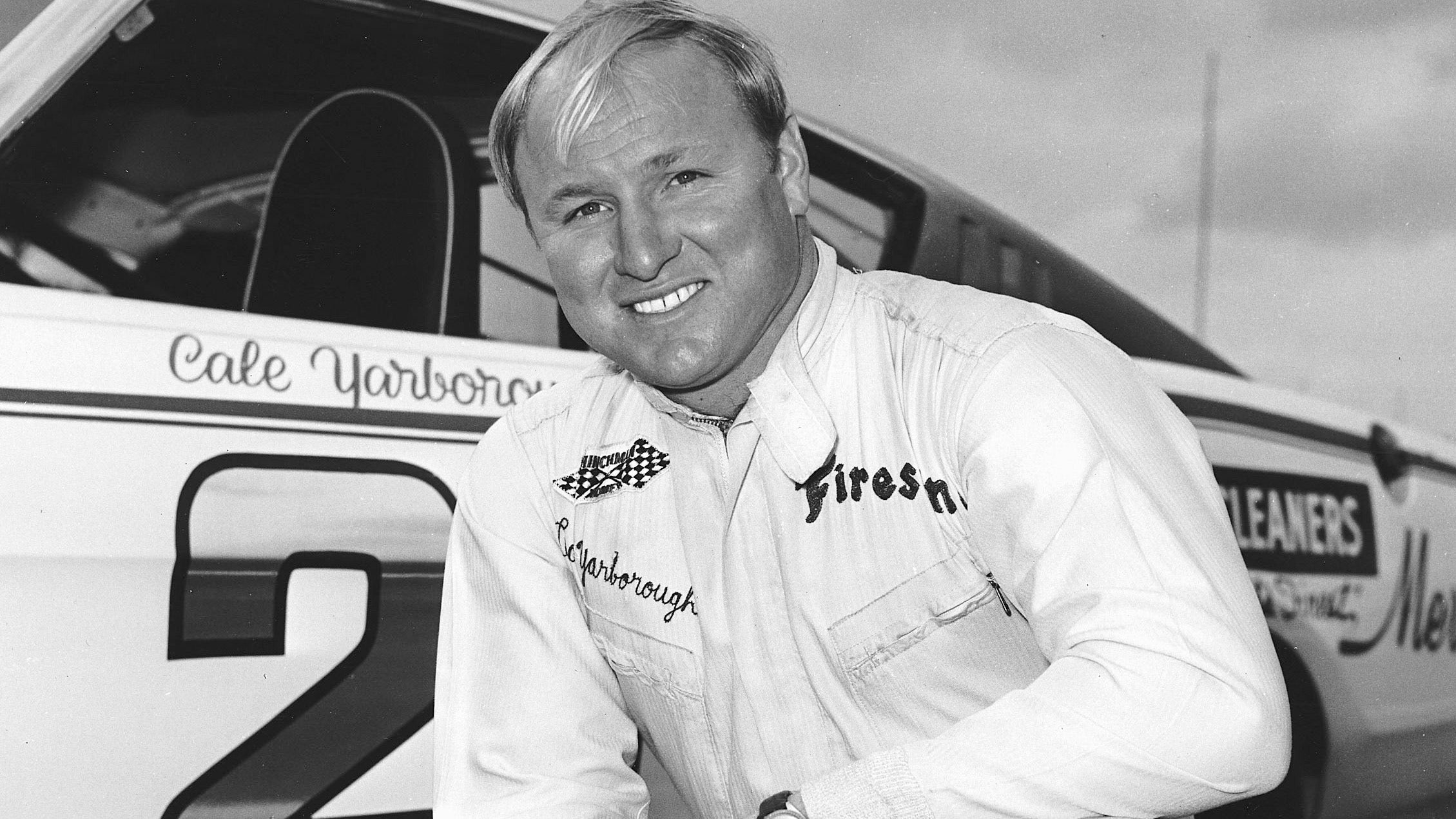Unlike other sports, Nascar can see drivers compete well into their 50’s. While this allows for some pretty cool stories and added fan memories, it also can lend itself to some drivers staying active well past their prime.
With Jimmie Johnson being just the latest driver to announce his retirement from Nascar (effective the end of the 2020 season), I wanted to take a look at drivers who voluntarily retired from the sport to see if they hung on too long or left at just the right time (or maybe even a little too soon). By “voluntary retirement” that means I’m not including anyone who was killed or seriously injured while driving.
Instead of looking at EVERY driver (even though interest in an analysis of Jody Ridley’s latter years could be quite high) I’m limiting it to Hall of Fame inductees—for now.
(Drivers listed in order of their Hall of Fame induction)
NOTE: Those inducted primarily or exclusively for achievements outside of driving (team ownership, crew chiefing, etc.) will not be considered. Cup performance is all that’s considered for this piece. Also, the more modern term “Cup Series” will be used instead of Grand National, Winston Cup, etc.
Bill Elliott
DRIVING ACCOMPLISHMENTS: “Awesome Bill from Dawsonville”. 1988 Nascar Cup champion. 44 Cup Series wins. First winner of the “Winston Million”. Two-time Daytona 500 champion. Three-time Southern 500 winner. 2002 Brickyard 400 winner.
LAST HURRAH: Elliott had a late-career renaissance with Evernham Motorsports, taking the flagship Dodge team to victory lane several times between 2001-2003. After a ninth-place finish in the season points standings in ’03, he retired from full-time driving.
FINAL YEAR(S): From 2004 through 2012 Elliott drove for a slew of different teams, most-notably Evernham and Wood Brothers Racing. Driving cars of wildly varying qualities, he failed to notch any top-ten race finishes during this time, although he remained valuable for his past-champion’s provisional starting spot. He retired completely after 2012 to focus on developing his son Chase’s career.
DID HE HANG ON TOO LONG?: Yes, but only overall. Elliott’s resurgence with Evernham was nothing short of miraculous, and he left full-time driving on-top. If it weren’t for his various part-time appearances this could have been perfect.












